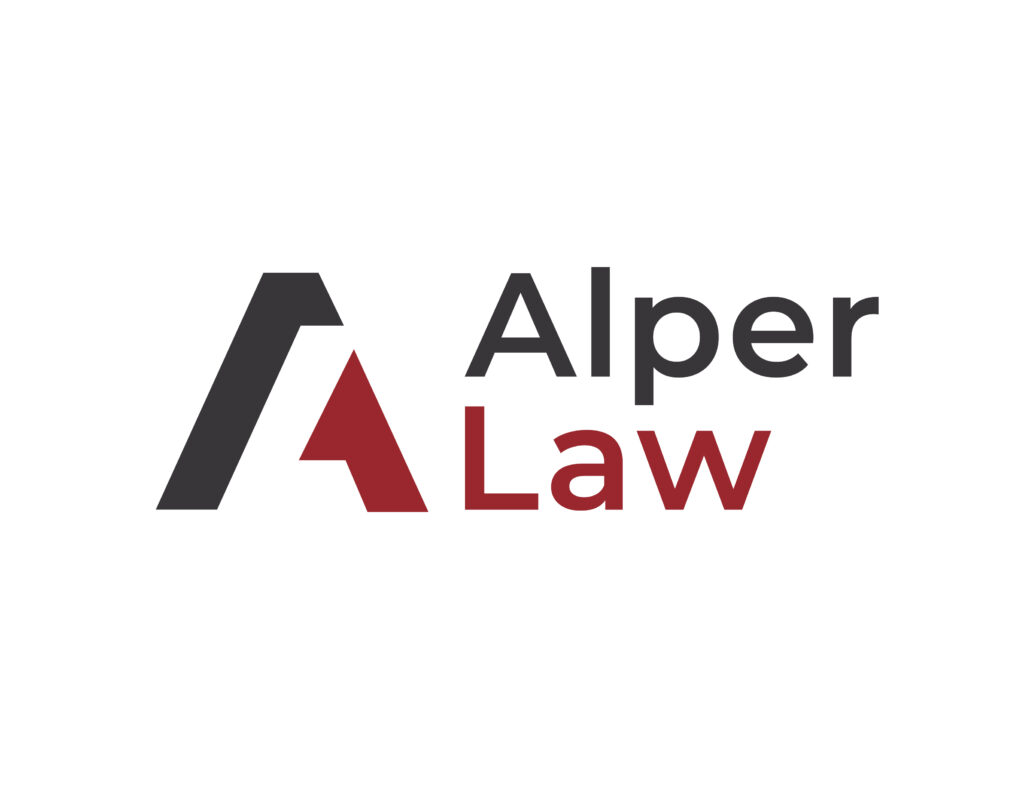Protecting your assets from potential lawsuits and creditors is a crucial aspect of financial planning. Asset protection can be helpful if you’re a business owner, professional, or someone facing an existing lawsuit or judgment. Here are the various ways to protect your assets from lawsuits and creditors:
1. Create a Limited Liability Company (LLC)
One of the most effective ways to protect your personal assets is by forming a Limited Liability Company (LLC). An LLC separates your personal assets from your business assets, limiting your personal liability for business debts and lawsuits.
- File articles of organization with your state.
- Create an operating agreement outlining ownership and management structure.
- Maintain proper documentation and separate business accounts.
- Adhere to corporate formalities to preserve the liability shield.
2. Establish a Trust
Trusts can be powerful tools for asset protection, depending on the type of trust and how it’s structured.
- Consider an irrevocable trust, which removes assets from your ownership.
- Explore asset protection trusts, either domestic or offshore.
- Be aware of fraudulent transfer laws when funding trusts.
3. Maximize Retirement Account Contributions
Most retirement accounts are protected from creditors under federal and state laws.
- Contribute the maximum allowed to 401(k)s, IRAs, and other qualified retirement plans.
- Understand the protection levels for different types of retirement accounts in your state.
- Avoid commingling protected retirement funds with other assets.
4. Utilize Homestead Exemptions
The Florida homestead exemption can protect all of the equity in your primary residence from creditors.
5. Obtain Adequete Insurance
Certain types of insurance can provide an additional layer of protection against lawsuits and creditors.
- Obtain umbrella liability insurance to extend coverage beyond standard policies.
- For professionals, secure malpractice or errors and omissions (E&O) insurance.
- Explore specialized policies like directors and officers (D&O) insurance if applicable.
6. Use Smart Titling Strategies
How you title your assets can significantly impact their vulnerability to creditors.
- Consider tenancy by the entirety for married couples in states that allow it, such as Florida.
- Explore joint ownership with rights of survivorship for non-married individuals.
- Be cautious with joint accounts that are not owned by the entireties, as they may expose assets to the other owner’s creditors.
7. Maintain Adequate Business Insurance
For business owners, proper insurance coverage is crucial for protecting both business and personal assets.
- Secure general liability insurance for your business
- Consider product liability insurance if you manufacture or sell products
- Obtain business interruption insurance to protect against income loss
8. Implement Asset Segregation
Separating assets can help contain liability and protect unrelated assets from creditors.
- Use separate LLCs for different properties or business ventures.
- Avoid cross-collateralization of loans.
- Keep personal and business finances strictly separate.
9. Explore Offshore Asset Protection Strategies
Offshore asset protection is one of the strongest tools available to protect financial assets from judgment collection.
- The Cook Islands offers the most favorable offshore asset protection structures.
- Be aware of reporting requirements and potential tax implications
10. Use Statutory Exemptions
Each state has its own set of exemptions that protect certain assets from creditors.
- Research your state’s exemptions for personal property, vehicles, and tools of the trade.
- Understand how to claim these exemptions in the event of a lawsuit or bankruptcy.
- Consider how exemptions might factor into your overall asset protection strategy.
Publisher: Source link












